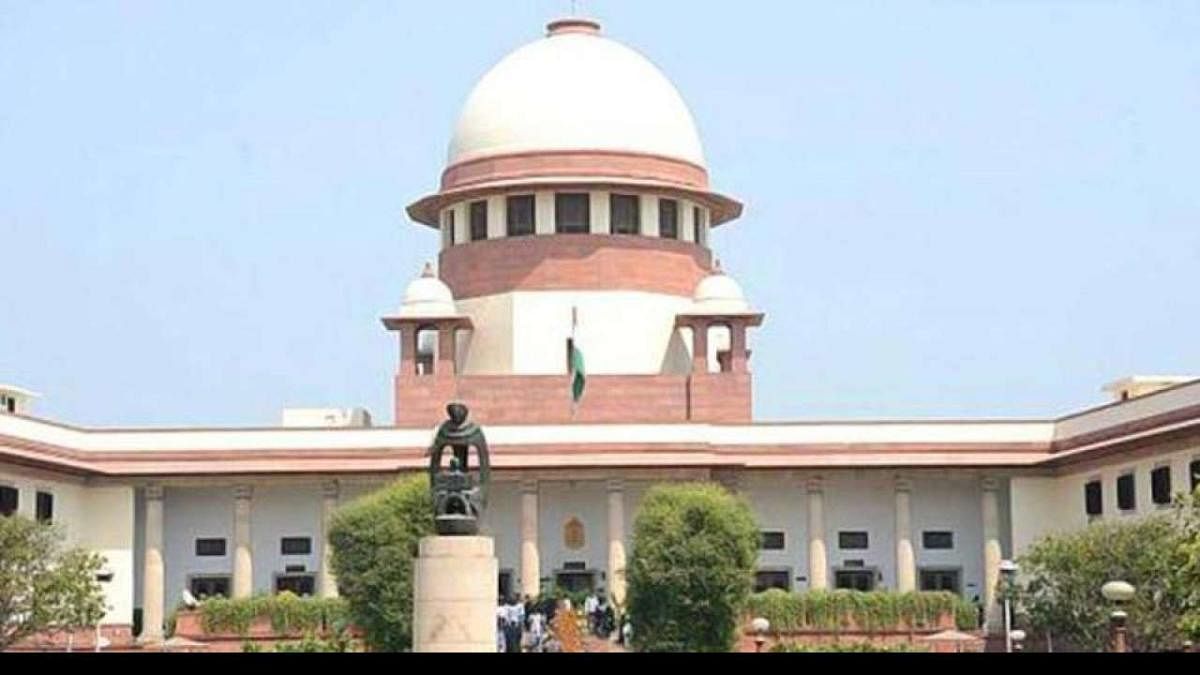
The Supreme Court on Wednesday upheld the validity of Goods and Services Tax (Compensation to States) Act, 2017 and the rules, providing for subsuming of various indirect taxes and central, states surcharges and cesses, as they are related to supply of goods and services both within and outside the states.
A bench of Justices A K Sikri and Ashok Bhushan rejected the contention that Parliament has no legislative competence to enact the Compensation to States Act, 2017.
The validity of law on tax reforms in the country came for consideration in a special leave petition filed by the Union government against a Delhi High Court's division bench's interim order providing that additional levy on the stocks of coal on which Mohit Mineral Pvt Ltd had already paid clean energy cess in term of Finance Act, 2010, it would not be required to make further payment.
The private company contended it was beyond legislative competence of Parliament to pass such a law giving compensation to states by centre for loss of revenue.
“The expression “cess” means a tax levied for some special purpose, which may be levied as an increment to an existing tax. The Scheme of Compensation to States Act, 2017 indicates that the cess is with respect to goods and services tax. There are more than one reason to uphold the legislative competence of Parliament to enact the Compensation to States Act, 2017,” the bench said.
The top court also declared GST imposed under the 2017 Acts and levy of cess on such intra-state supply of goods and services or both as provided under Section 9 of the CGST Act and such supply of goods and services or both as part of Section 5 of IGST Act was, two separate imposts in law and are not prohibited by any law.
It also said the claim of the petitioner that he was entitled for set off in payment of compensation to states cess to the extent he had already paid clean energy cess cannot be accepted.
